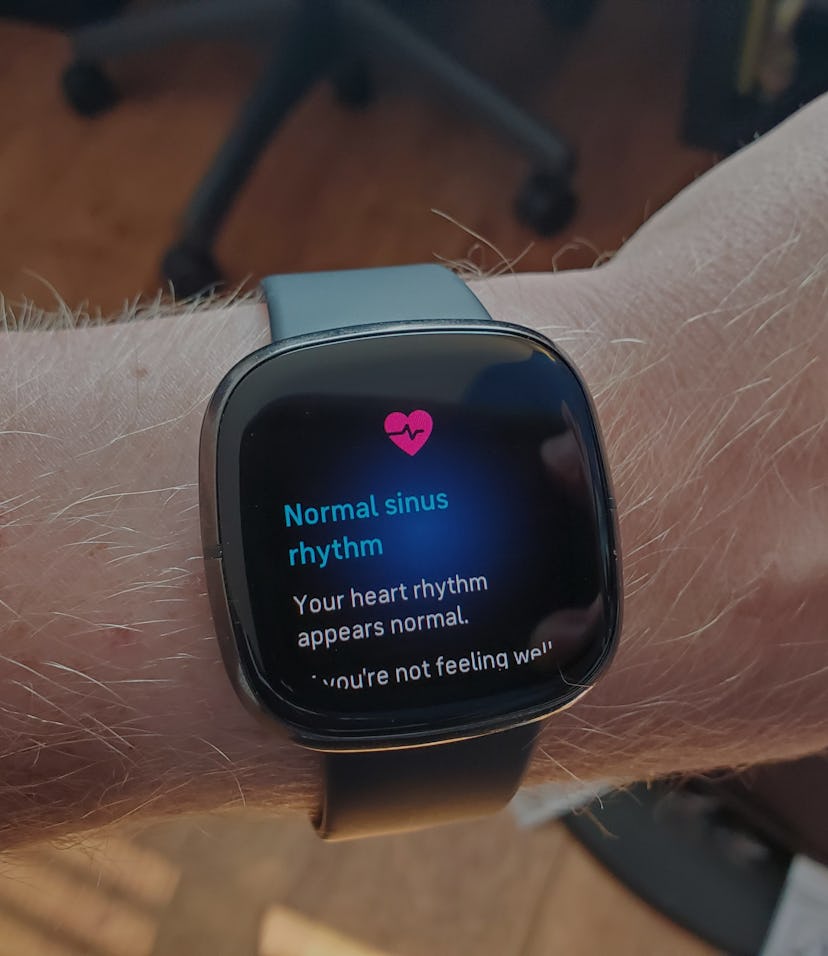Tech
EU regulators have signed off on Google's $2.1 billion purchase of Fitbit
Google must agree to give competitor smartwatch-makers the same access to Android health tracking features it benefits from.

Though it's often skeptical of Big Tech, the European Commission has approved Google's $2.1 billion acquisition of Fitbit following an antitrust probe. The decision stipulates that Google allow competitive fitness trackers to operate on Android. Regulators in the United States are still scrutinizing the acquisition and could raise objections of their own, but considering EU signoff, the deal is likely to go ahead.
No market threat — It's not surprising that the EU would approve the purchase of Fitbit on antitrust grounds. Google doesn't already sell fitness trackers of its own, so buying Fitbit won't reduce the size of the wearables market or lead to higher prices for consumers. To prevent it from squeezing competitors through Android, where Google does have the dominant market share, the company must agree to maintain open access to Android's activity tracking features.
And in case you're wondering, no, under the deal Google won't be allowed to use any of your health data for ad targeting. It also must allow Fitbit users to choose whether or not their data is shared with third parties. The requirements are to remain in place for the next 10 years.
Though Fitbit arguably created the wearables segment, it lost out long ago to the likes of Apple and Samsung as those companies made health monitoring merely a single feature in their smartwatches.
For $279, people can buy an Apple Watch SE that does fitness tracking and a whole lot more in a sleek, attractive package. Unsurprisingly, Fitbit's market share in Europe and around the world is marginal when compared to the giants of the smartphone world.
Given Apple's dominance despite only its recent devices including useful sleep tracking — Fitbit's key differentiator — it seems unlikely Google will be cornering the wearables market with this acquisition. Given the abject failure of Android Wear, you'll have to forgive its rivals for a failure to feel threatened.
Healthcare play — For Google, buying Fitbit at such a low price could be a steal if it's able to meld the trackers — and Fitbit's data from 28 million users — with its smarts in machine learning. Healthcare is a huge, lucrative industry in the United States, and the preventative healthcare market has been a target for tech companies because it's loosely regulated, and keeping people healthy can lead to better, more affordable health outcomes.
Fitbit has tried to profit in the space by partnering with some healthcare providers to offer wearables and personalized coaching to members. Apple has also partnered with health providers to offer subsidized Apple Watches.
Another company, Amazon, has been expanding into healthcare with a new prescription drug delivery service and its own creepy fitness trackers. Which simply illustrates how competitive the sector still is, and how much the big players are willing to invest in case that investment pays off.